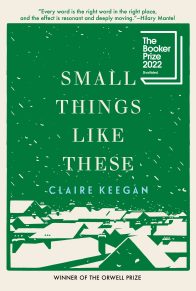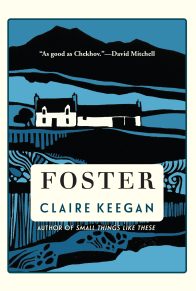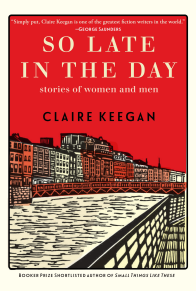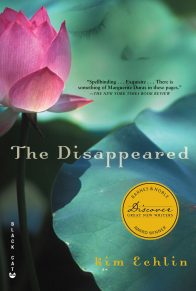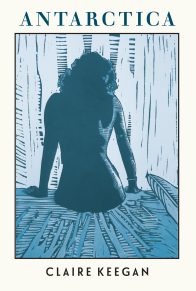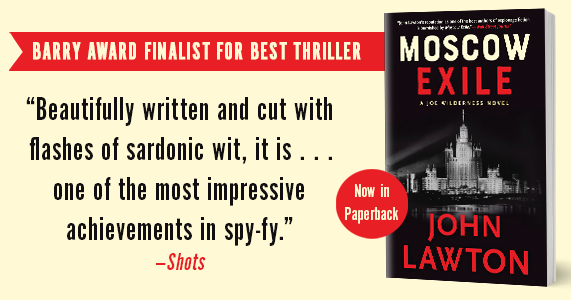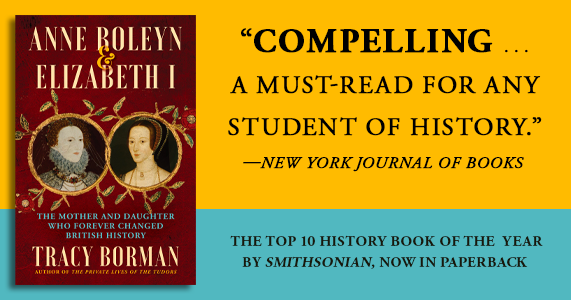“These stories are pure magic. They add, using grace, intelligence and an extraordinary ear for rhythm, to the distinguished tradition of the Irish short story. They deal with Ireland now, but have a sort of timeless edge to them, making Claire Keegan both an original and a canonical presence in Irish fiction.” —Colm Tóibín, author of The Master and Mothers and Sons
“Keegan is that rarest of writers—someone I will always want to read.” —Richard Ford, Best Books of 2007 pick in The Irish Times
“Perfect short stories . . . flawless structure . . . What makes this collection a particular joy is the run and pleasure of the language.” —Anne Enright, winner of the 2007 Man Booker Prize, The Guardian
“A young Irish prodigy . . . Writing in a striking, Celtic-slanted prose, Keegan exposes the hearts, hopes and dreams of those in the Irish countryside. . . . The collection unfolds powerfully, with stories that chronicle an isolated young woman’s discovery of seemingly magical powers, incest in a desperate Irish farm family and the disintegration of marriages. . . . astonishing.” —Alan Cheuse, NPR’s All Things Considered
“The best stories here are so textured and moving, so universal but utterly distinctive, that it’s easy to imagine readers savoring them many years from now. And to imagine critics, far in the future, deploying lofty new terms to explain what it is that makes Keegan’s fiction work.” —Maud Newton, The New York Times Book Review
“[Keegan’s] . . . collections have drawn comparisons to William Trevor and Anton Chekhov . . . [She] crafts stories out of small details and insight . . . like poetry. . . . Claire Keegan is the real deal.” —Keith Donohue, “You Must Read This” NPR.com
“[A] stunning second collection . . . Keegan’s stories are the literary counterparts to Picasso’s Blue Period paintings. . . . Keegan’s first collection, Antarctica, led to comparisons with Raymond Carver, but Annie Proulx, with her distilled, poetic prose and attunement to remote landscapes, is a closer match.” —Heller McAlpin, San Francisco Chronicle
“These short fictions by the Irish author Claire Keegan haven’t a style so much as a microclimate, a chill mist blowing in on a hard wind off the sea. . . . The author’s own storytelling powers have darkened and matured since her first collection, as she takes confident command of her craft.” –Amanda Heller, The Boston Globe
“Hope lurks somewhere in almost all [Keegan’s] stories. . . . You start out on the paths of these simple, rural lives, and not long into each, some bit of rage or unforgivable transgression bubbles up . . . Then the truly amazing happens: Life goes on, limps along, heads for some new chance at beauty.” –Susan Salter Reynolds, Los Angeles Times Book Review
“Walk the Blue Fields may be among the best books you will read this year. . . . Keegan’s writing offers stark, intelligent flourishes and a look into the heart of rural Ireland, gurgling with desolate undercurrents.” –Vikram Johri, St. Petersburg Times
“Walk the Blue Fields, the collection by young Irish writer Claire Keegan, was my first encounter with her work. I hope it won’t be the last. In story after story, Ms. Keegan works in a striking Celtic-slanted prose, bringing news of life in the Irish countryside and exposing hearts and hopes and dreams of a number of troubled country contemporaries.” –Alan Cheuse, The Dallas Morning News
“Keegan’s poetic prose, spot-on dialogue, and well paced plot twists keep the pages turning through sadness, grief, rage, and compromise.” –Publishers Weekly
“These stories are pure magic. They add, using grace, intelligence and an extraordinary ear for rhythm, to the distinguished tradition of the Irish short story. They deal with Ireland now, but have a sort of timeless edge to them, making Claire Keegan both an original and a canonical presence in Irish fiction.” –Colm Toibin, author of The Master and Mothers and Sons
“Keegan’s debut collection, Antarctica, garnered comparisons with fellow Irish author William Trevor. Her follow-up has confirmed that she belongs in that fine story-telling tradition that harks back to Anton Chekhov. Sparse, bleak and unsentimental, her stories suggest that the only thing men and women truly share is the loneliness that confines them.” –Angel Gurria-Quintana, Financial Times
“The best collection of short stories by any Irish writer in recent years. These are strange, haunting, sometimes funny tales, utterly unique in their way of seeing life. I can’t remember the last time I felt such awe when reading the work of a new writer.” –The Week
“A note-perfect short story is something a very few people can produce. The Irish writer Claire Keegan does it in her second collection of stories. . . . Immaculate structure, a lovely, easy flow of language, and a certain stony-eyed realism about human experience; she is very much part of an Irish tradition, but a unique craftswoman for all that.” –Hilary Mantel, New Statesman
‘stately, rhythmic, always physical prose . . . [Keegan] has a wickedly crafted assurance, subversive wit, an awareness of enduring customs and superstition, and a sense of place.” –The Irish Times
“Exquisite stories, so intricately wrought, so strange and beguiling as to entirely bewitch.” –The Guardian
“Like Chekhov, Keegan has the ability to sum up a life, or a significant chunk of one, in apparently trivial, quotidian events. . . . in a voice that is lyrical, thoughtful, but with a thick, dark strain of melancholy running through it.” –Sunday Independent (5 stars)
“Astonishing and beautiful. Her writing is intimately tuned to the landscape, language and ancient storytelling tradition of Ireland. . . . With a few crisp stark sentences, she opens whole worlds into which her reader falls, fully enthralled, captivated and amazed until her very last word.” –Alice Greenway, author of White Ghost Girls
“Powerful . . . The two foremost contemporary masters of the [short story] form, Alistair MacLeod and John McGahern, know that tradition can live even in the lament for its passing . . . Claire Keegan is their true successor, a writer already touched by greatness.” –Declan Kiberd, The Irish Times
“This is one of the most exceptional collections of short stories to be published by any Irish writer in recent years. Claire Keegan writes with the most extraordinary grace. Her words and images float. Many of the stories are unforgettable. This book will surely place her where she truly belongs: among the greatest practitioners of the short story form now writing.” –Joseph O’Connor, author of Star of the Sea
‘simply exceptional. . . . Recounted with a crystal clear ear for the vernacular of the Irish countryside, these stories articulate the pull of the land and the struggle to leave it, while the characters’ battles with their own troubles are given a presence as monumental as the landscape itself.” –Tina Jackson, Metro
“Keegan writes with such grace and accuracy that it is impossible not to be drawn into each world she creates. Walk the Blue Fields is a superb collection in which each story is a treat; together, they are pure gold.” –Big Issue
“The first two tales in this collection are among the finest short fiction I have read in several years, which includes the new tales in John McGahern’s posthumous New and Selected Stories. That’s how good Keegan can be. The remarkable title tale follows a priest on the day of a wedding . . . “Parting Gift,” which opens the book, is a gem of compactness. . . . Its centre of gravity resonates with such force that the story could easily stretch to a novel.” –Tom Adair, The Scotsman
“What Keegan shows so strikingly is that there is still compulsion in the rural setting and the archetypal figures that dominated the Irish storytelling tradition throughout the twentieth century. . . . Keegan’s is a new Ireland, in both literary and social terms, but it is the same place as the old one.” –Bernard O’donoghue, Times Literary Supplement
“Keegan’s evocative prose takes you so far into each story that your senses buzz afresh with them.” –The List
“An exquisite second collection.” –The Gloss Magazine





